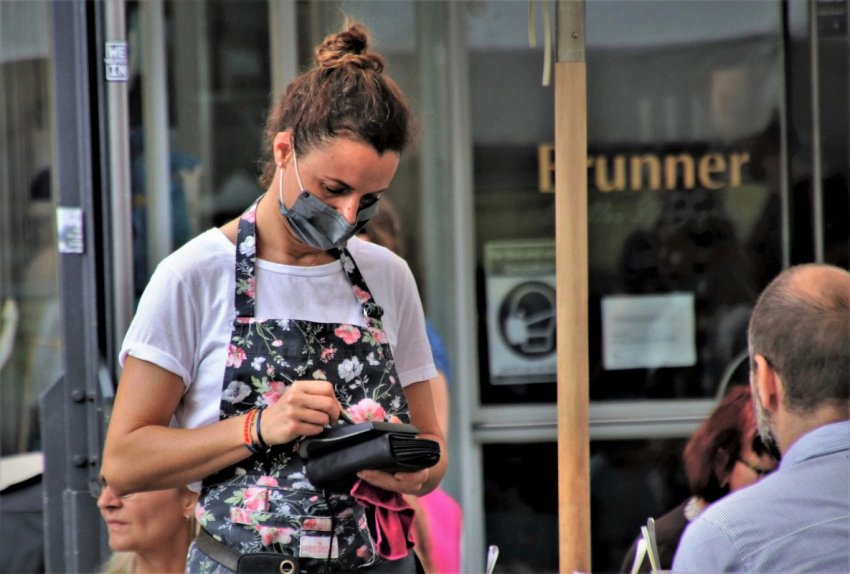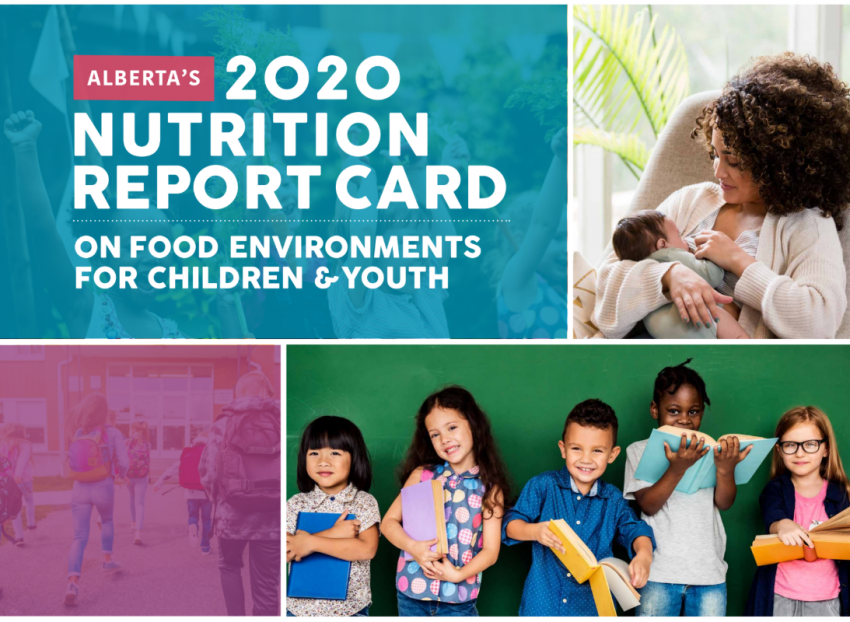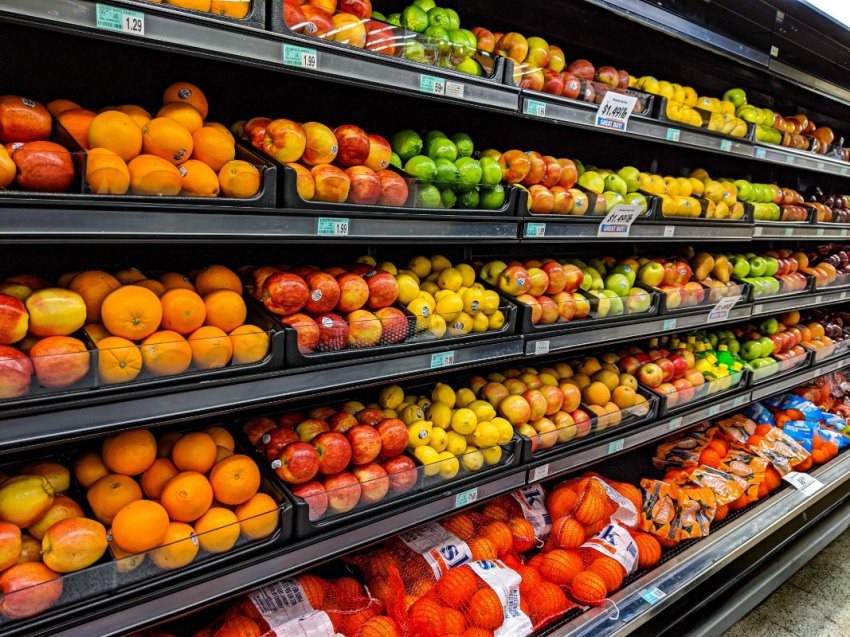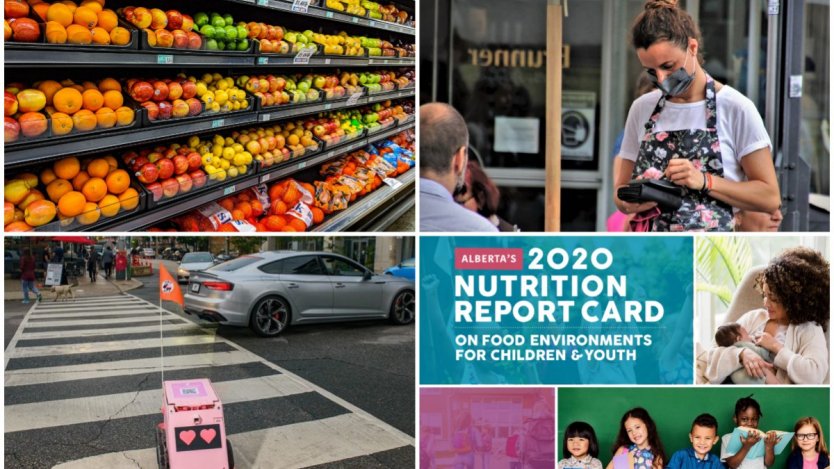Following several single-day record-high number of COVID-19 cases in Ontario and Quebec, it comes as no surprise that both provinces have been in the process of implementing enhanced measures to slow the spread.
Although the two provinces have elected to handle their respective processes in different ways, they have both imposed a number of restrictions that will significantly reduce capacity in restaurants, bars, casinos, and theatres.
The new restrictions will likely see restaurants and bars shift more heavily toward take-out and delivery, and one Toronto startup seems to have come up with a unique solution with its fully automated mobile delivery box, Geoffrey.
Lastly, the results from Alberta’s sixth annual Alberta Nutrition Report Card were released this week, and for the fourth consecutive year, the province has received a C grade.
Here are five stories you might have missed in food news this week.
Quebec designates COVID-19 red zones

In response to the continual rise in COVID-19 cases throughout the province--including a single-day tally of 896 new cases on Sunday--Montreal, Quebec City, and certain parts of the Chaudière-Appalaches region of Quebec have been designated as COVID-19 red zones.
Under the red zone designation, private gatherings are prohibited and restaurants, bars, casinos, theatres, and museums are being forced to close for a 28-day period. Quebec Premier François Legaul has stated that anyone caught breaking the temporary regulation can be fined up to $1,000.
Find out more at Global News.
Ontario tightens restrictions again

After tightening restrictions on restaurants and bars last week, the Ontario government announced on Friday that more restrictions are set to come into effect this weekend. The new changes include a reduced capacity in restaurants, bars, nightclubs, and gyms, as well as a limit on the number of people allowed at meeting and event facilities.
Similar to Quebec, the province of Ontario has continued to show record-high number of cases on a near-daily basis. However, unlike Quebec, Ontario currently has no plans to implement the red zone system.
Get the full story from CBC News.
Alberta’s 2020 Nutrition Report Card

The results from the sixth annual Alberta Nutrition Report Card were released this week, and for the fourth consecutive year, the province has received a C grade.
The report card, which evaluates food environments and nutrition policies for young people, issued the C grade in large part due to the province’s failure to reduce household food insecurity and for failing to restrict the marketing of unhealthy foods to children.
Find the full breakdown and a link to the report card at CBC News.
Toronto startup launches food delivery robot
Videos and photographs of a small pink box on wheels have been circulating throughout many Torontonians’ social media feeds over the past year, and this week, the Toronto startup responsible for its creation finally revealed what it is.
Tiny Mile Robots and their moving box named Geoffrey are currently providing delivery services for a handful of local restaurants, operated entirely by a small team using joysticks, monitors, and cameras mounted on the delivery robot.
Find out more about this unique delivery service at CTV News.
Nova Scotia issues accessibility mandate for new restaurants

Effective as of October 31, new restaurants, lunch counters, cafes, and delis in Nova Scotia will be required to be accessible to people with disabilities. The new regulations will also apply to spaces that have not been used as a restaurant in the past 12 months, while restaurants that are currently undergoing major renovations may also be subject to the change.
The new mandate comes as part of the provincial government’s commitment to make Nova Scotia inclusive by 2030.
Head to CTV News for more.
Canada’s Food Price Report suggests food prices will rise in 2020

The University of Guelph and Dalhousie University released the results of their Canada’s Food Price Report this week, and according to the results, overall food prices are expected to rise across the country in the coming months.
The report suggests that prices will increase between two and four per cent, and that the average Canadian household will spend an additional $487 compared to 2019. The researchers have cited COVID-19 as a major contributor to the expected increase.
Find out more at Global News.













